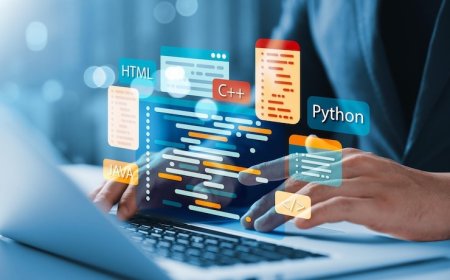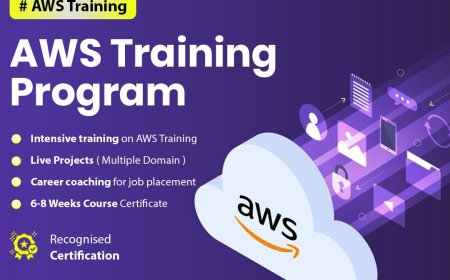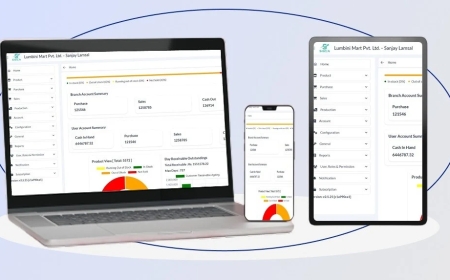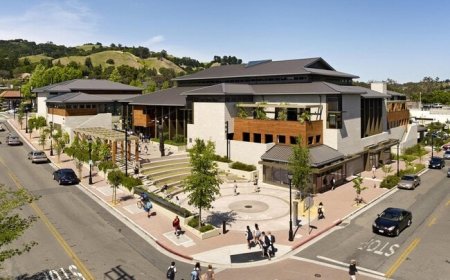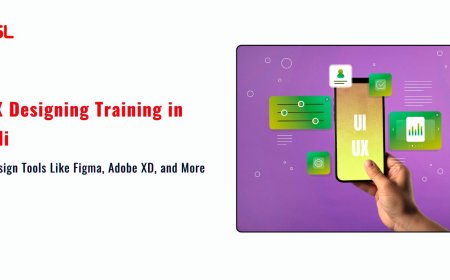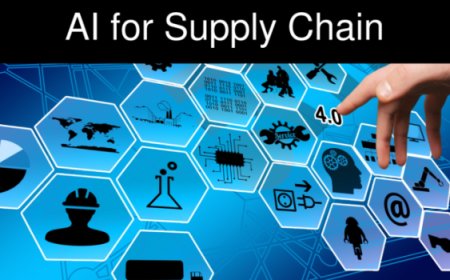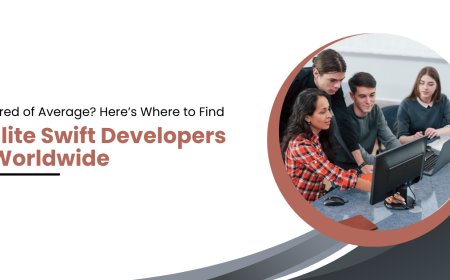The Secret Language of Industrial Innovation? It’s Python
Discover how Python in industrial innovation is transforming smart manufacturing and automation across the globe.

In an era where industrial systems are becoming smarter, faster, and more autonomous, one language has quietly become the cornerstone of this transformation: Python. While most business owners know Python as a web or data science tool, its real magic lies deeperfueling the factories, robots, and automation systems that define the future.
Why Use Python? Because it bridges the gap between legacy machinery and next-gen intelligence. From predictive maintenance in smart factories to AI-driven production lines, Python in industrial innovation is not just a choiceits a necessity in 2025.
How Python Quietly Took Over the Industrial Tech Stack
Python wasn't originally designed for industrial use. But its simplicity, flexibility, and massive ecosystem of libraries made it an ideal fit for:
-
Interfacing with sensors, PLCs, and IoT devices
-
Collecting and analyzing machine data in real-time
-
Building AI models for industrial decision-making
-
Integrating old systems with modern cloud platforms
Unlike rigid legacy programming languages, Python evolves with technology. Thats what makes Python in industrial innovation so powerfulit adapts to everything from a smart factory floor to autonomous logistics systems.
What Makes Python Ideal for Industrial Environments?
Easy to Learn, Easier to Scale
Industrial environments cant afford steep learning curves. Pythons readable syntax allows:
-
Engineers to prototype faster
-
Non-developers to collaborate
-
Teams to iterate with agility
This collaborative efficiency makes Python the go-to language for industrial innovation labs worldwide.
Rich Libraries for Real-World Industrial Use
Python comes with robust libraries like:
-
PySerial for serial communication with PLCs
-
NumPy/Pandas for industrial data wrangling
-
OpenCV for visual inspection and quality control
-
TensorFlow/PyTorch for predictive maintenance and AI modeling
These tools allow industrial teams to develop full-stack solutionsfrom data collection to insight generationusing a single language.
Python in Smart Manufacturing: A Game-Changer in 2025
The Fourth Industrial Revolution (Industry 4.0) is here. And its built with code.
Python in smart manufacturing enables real-time visibility, decision intelligence, and edge computing. Heres how:
-
Digital Twins: Python scripts are used to simulate and monitor digital replicas of production assets.
-
Qulity Control: Python-powered AI systems detect product defects using image recognition.
-
Supply Chain Forecasting: Python algorithms optimize inventory and predict delays.
Manufacturers using Python are not just producing goodstheyre predicting the future.
Use Cases: Python in Industrial Innovation Across Sectors
Automotive Industry
-
Autonomous robot programming using Python
-
AI-based safety checks during assembly
-
Real-time logistics management via APIs
Energy Sector
-
Predictive maintenance of turbines and pipelines
-
Data aggregation from remote sensors
-
Demand forecasting using machine learning
Food & Beverage
-
Automation of packaging lines
-
Shelf-life prediction via data science
-
IoT-based cold chain monitoring
These applications show how Python for industrial automation isnt a theoryits already happening on production floors.
Human + Machine: Python Enables Industrial AI
Industrial AI isnt just about replacing workersits about enhancing them. Python helps build systems where humans and machines collaborate:
-
Augmented Reality (AR): Python connects sensor data to AR displays for real-time guidance.
-
Voice-Controlled Interfaces: Custom NLP tools powered by Python are helping factory teams go hands-free.
-
AI Assistants for Maintenance: Python bots alert technicians of equipment issues before failure happens.
In all these cases, Python in industrial innovation is the silent enabler of smarter workflows.
The Future Is Interoperableand Python Is the Glue
Legacy systems in manufacturing can be a nightmare to upgrade. But Python can serve as a bridge:
-
Integrating legacy SCADA systems with cloud platforms
-
Running ETL pipelines from shop-floor machines to dashboards
-
Enabling API-based communication between different industrial tools
Pythons ability to talk to anything is why it remains a vital language for modernization in industrial enterprises.
Why You Should Hire Python Developer for Industrial Projects
Even the best tools need skilled hands. If you're serious about innovation, it's time to Hire Python Developer teams who understand both software engineering and industrial systems.
A qualified developer can:
-
Automate repetitive tasks
-
Build scalable data pipelines
-
Integrate IoT and machine data
-
Create dashboards for real-time insights
Whether its a single script or a full control system, the right developer can unlock massive ROI for your industrial investment.
Why Python Wins in the Age of Industrial Intelligence
As we move deeper into 2025, industrial companies arent just looking for automationthey want intelligence, adaptability, and transparency. And Python is uniquely positioned to deliver all three.
So, Why Use Python again?
Because it powers every layer of innovationfrom data collection at the edge to AI-powered decision-making in the cloud. Its affordable, flexible, and supported by a massive global community.
Python is not just part of your tech stackit is your competitive advantage.

